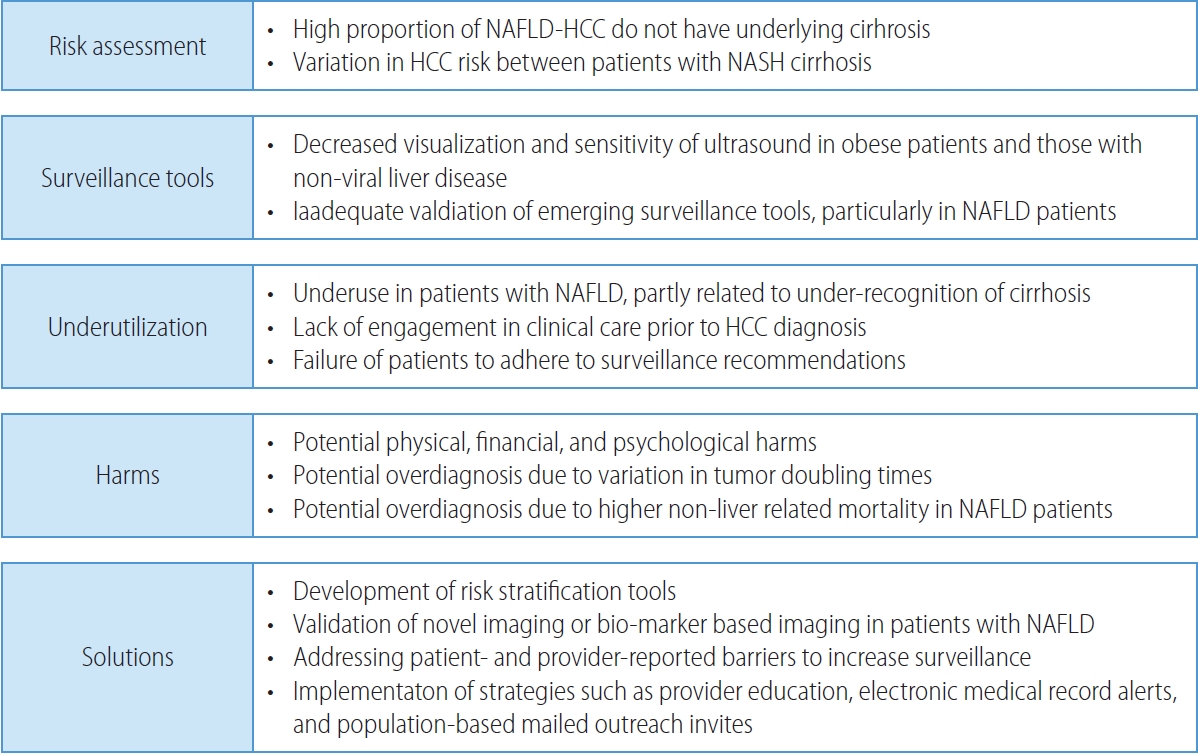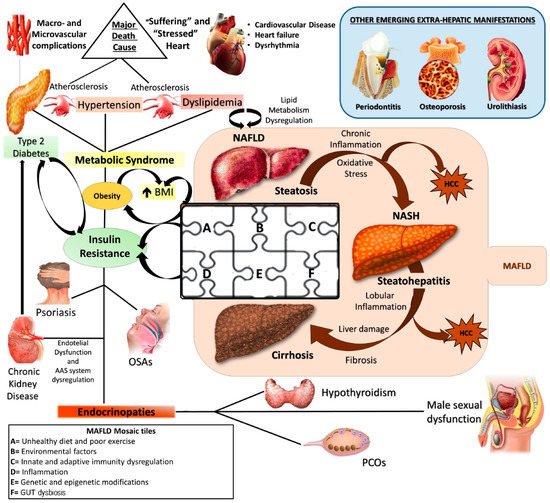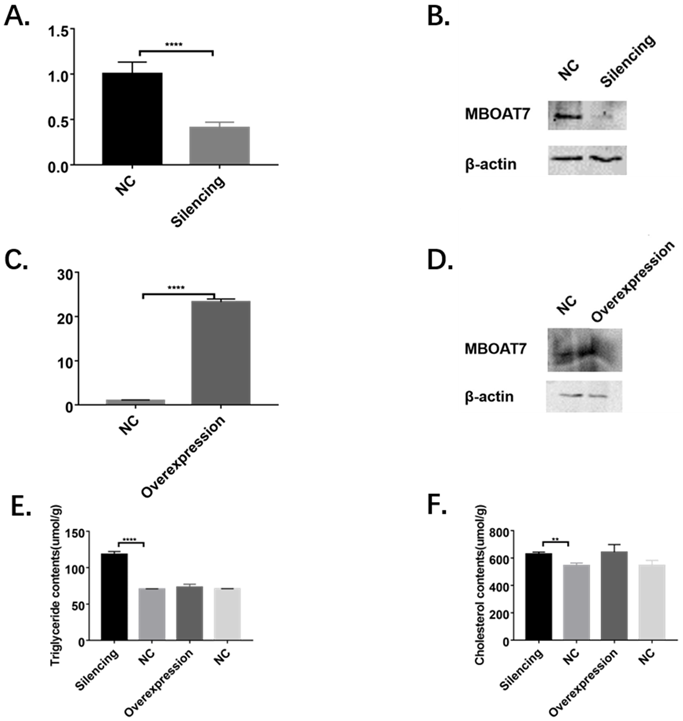The MBOAT7-TMC4 Variant rs641738 Increases Risk of Nonalcoholic
4.9 (405) In stock


Non-alcoholic fatty liver disease-related hepatocellular carcinoma

New insights into genetic predisposition and novel therapeutic targets for nonalcoholic fatty liver disease - Barbara - Hepatobiliary Surgery and Nutrition

MBOAT7 rs641738 increases risk of liver inflammation and transition to fibrosis in chronic hepatitis C

Understanding the underlying molecular pathways by which Mboat7/Lpiat1 depletion induces hepatic steatosis - Journal of Lipid Research

Metabolic-(Dysfunction) Associated Fatty Liver Disease

PDF) MBOAT7 rs641738 (C>T) is associated with NAFLD progression in men and decreased ASCVD risk in elder Chinese population

The MBOAT7-TMC4 Variant rs641738 Increases Risk of Nonalcoholic Fatty Liver Disease in Individuals of European Descent - ScienceDirect

PGHN :: Pediatric Gastroenterology, Hepatology & Nutrition

Expression of Membrane Bound O-Acyltransferase Domain Containing 7 after Myocardial Infarction and its Role in Lipid Metabolism in vitro

Distinct contributions of metabolic dysfunction and genetic risk factors in the pathogenesis of non-alcoholic fatty liver disease. - Abstract - Europe PMC

PDF] A Protein‐Truncating HSD17B13 Variant and Protection from Chronic Liver Disease

Investigating the Relationship Between Rare Genetic Variants and Fibrosis in Pediatric Nonalcoholic Fatty Liver Disease

Expression of Membrane Bound O-Acyltransferase Domain Containing 7 after Myocardial Infarction and its Role in Lipid Metabolism in vitro

Non-alcoholic Fatty Liver Disease in Children





